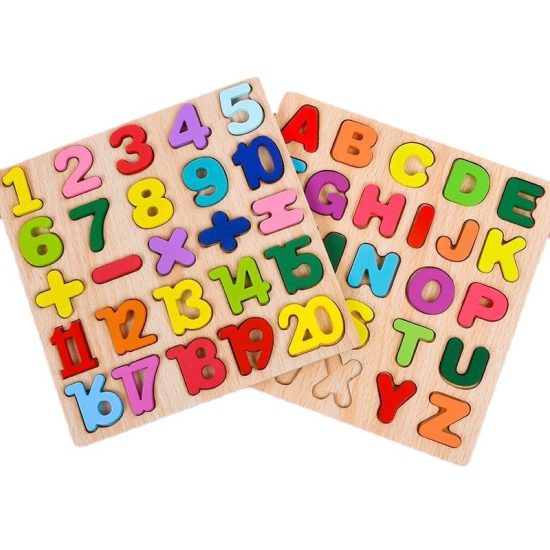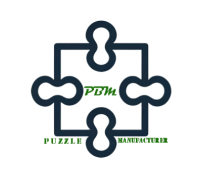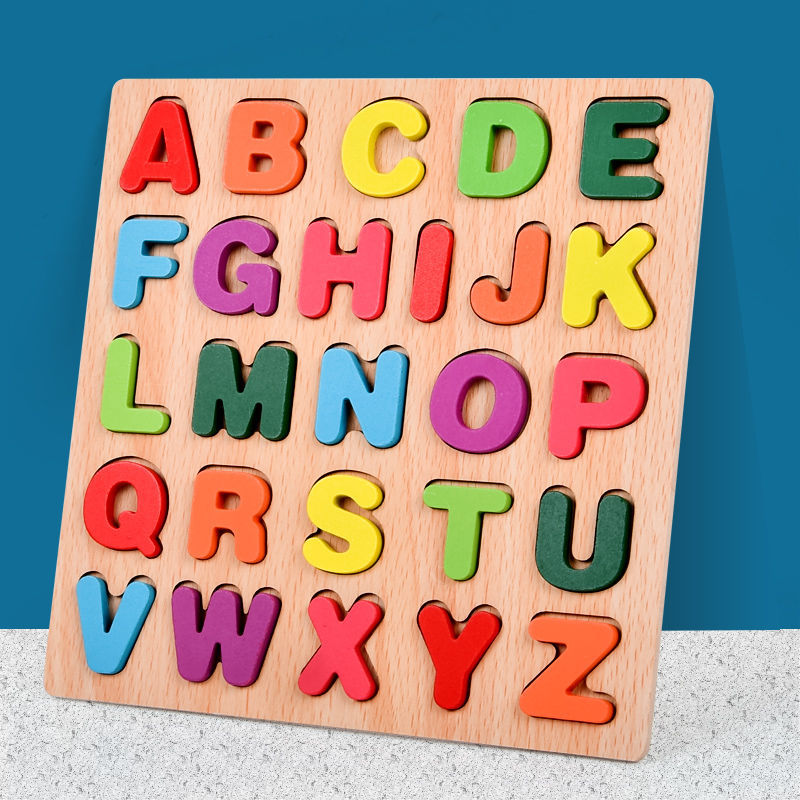Jigsaw puzzles have many educational benefits for children and adults alike. Here are some ways that jigsaw puzzles can be used for education:
- Spatial reasoning: Jigsaw puzzles require spatial reasoning skills, which involve understanding and manipulating objects in space. Completing jigsaw puzzles can improve these skills and help develop a better understanding of spatial relationships.
- Hand-eye coordination: Jigsaw puzzles also require hand-eye coordination, as you need to fit the pieces together accurately. This can help develop fine motor skills and hand-eye coordination.
- Problem-solving: Jigsaw puzzles require problem-solving skills, as you need to figure out which pieces fit together and in what order. This can help develop critical thinking and problem-solving skills.
- Memory: Completing jigsaw puzzles can also improve memory skills, as you need to remember which pieces you’ve tried and where they go.
- Social Studies: Jigsaw puzzles can also be used to teach social studies concepts, such as geography and history. Puzzles of maps and historical landmarks can help children and adults learn about different countries and cultures.
- Science and Technology: Jigsaw puzzles can also be used to teach science and technology concepts. Puzzles of anatomy and the solar system can help children and adults learn about the human body and the universe.
Overall, jigsaw puzzles can be a fun and effective educational tool that can help develop a variety of skills and teach a range of subjects. Whether used in a classroom or as a personal learning tool, jigsaw puzzles offer a unique and engaging way to learn and develop skills.



